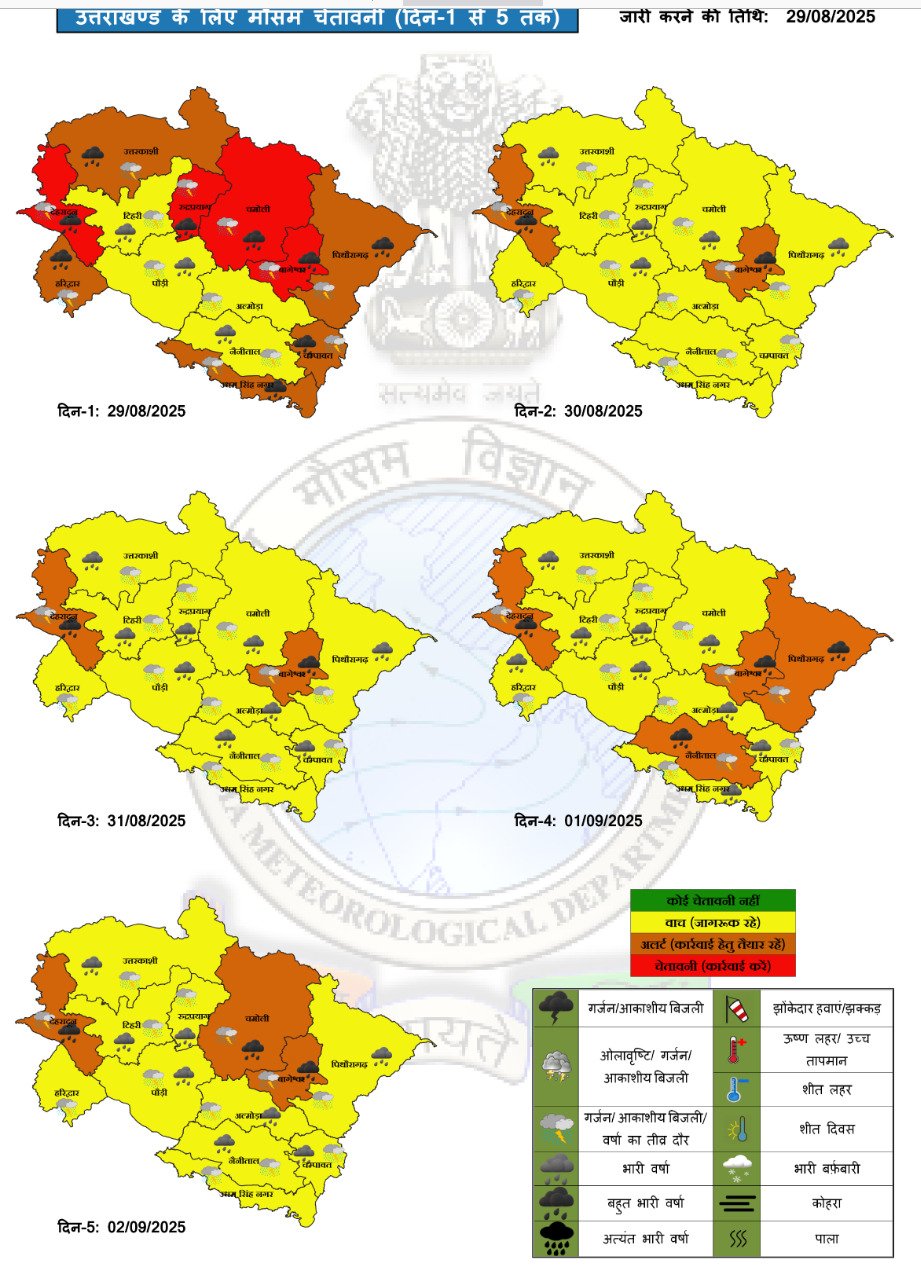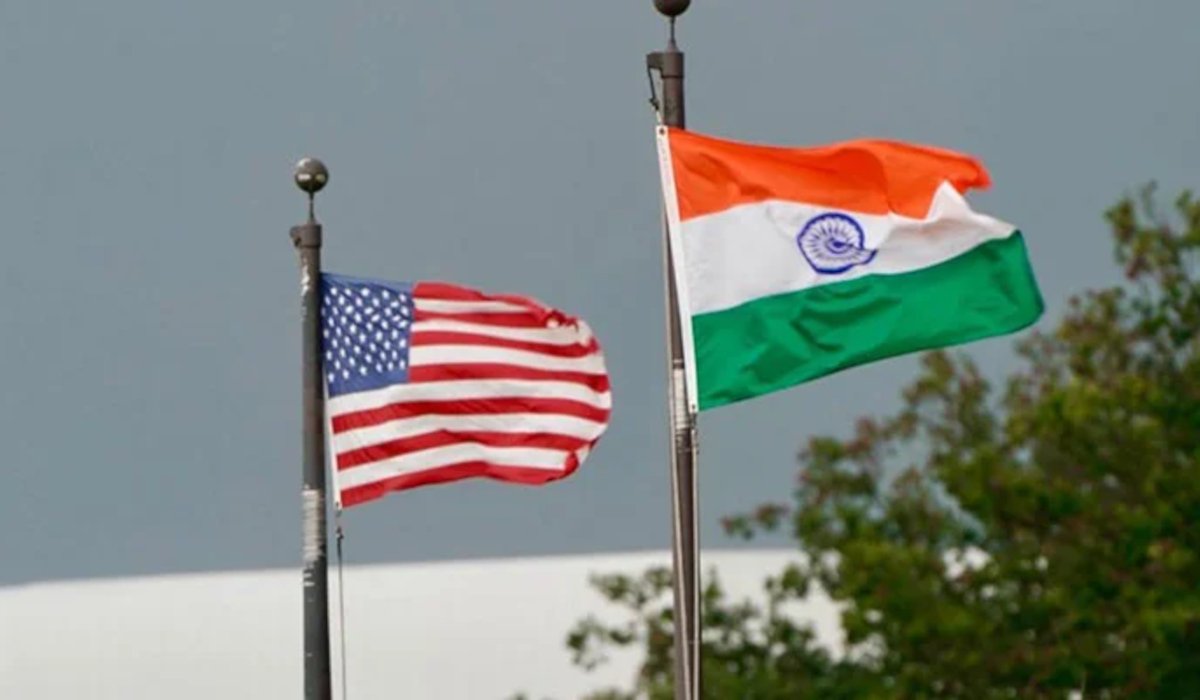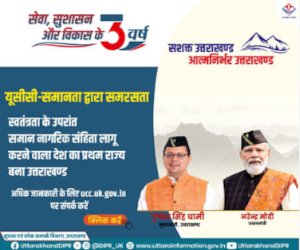From the terraced fields of Pithoragarh to the bustling markets of Dehradun, women in Uttarakhand are stepping into roles as entrepreneurs, leaders, and change-makers — backed by a series of government initiatives designed to create an economically self-reliant hill society.
Schemes such as self-help group (SHG) formations, free sewing machine distribution, startup funding for women entrepreneurs, and targeted healthcare outreach are transforming the daily lives of women who once faced limited opportunities due to geography and tradition.
Self-Help Groups: The Backbone of Rural Women’s Economy
The state government’s push for SHGs has brought over 2.5 lakh women under organised community-based enterprises. These groups pool savings, access micro-credit, and run small ventures ranging from organic pickle making to woollen handicrafts.
In Tehri Garhwal, 34-year-old Kamla Rawat leads her village SHG that produces herbal teas using locally grown lemongrass and tulsi.
“We started with ₹10,000 in pooled savings. Today, our monthly sales cross ₹50,000, and we have regular buyers in Dehradun,” Kamla says with pride.
By facilitating market linkages, the government has ensured SHG products are now sold not just in district fairs but also through online portals and tourism hubs.
Free Sewing Machines: Stitching a Path to Self-Reliance
Under the Free Sewing Machine Scheme, thousands of women have received tailoring equipment and training. This initiative has been particularly impactful in semi-urban towns where women can now run home-based tailoring businesses.
In Almora, Savitri Bohra, a 28-year-old mother of two, recalls how the scheme changed her family’s fortunes:
“Earlier, my husband’s seasonal labour work wasn’t enough. Now, I stitch school uniforms and blouses for the local market. We have a steady income all year.”
Startup Funding: From Village Kitchens to Export Markets
The Mukhyamantri Mahila Udyamita Yojana offers startup grants and low-interest loans for women-led businesses. In Rudraprayag, 40-year-old Sunita Bisht used the funding to open a café along a pilgrim route.
“We serve pahadi cuisine using local grains like mandua and jhangora. Pilgrims love it, and I employ three other women from my village,” Sunita shares.
The ripple effect is visible: more women are now stepping into entrepreneurship, generating local jobs, and keeping profits within their communities.
Healthcare Outreach: Caring for Women Where They Are
Recognising the challenges of accessing healthcare in remote hills, mobile health vans equipped with gynaecological facilities now visit villages on a rotational schedule. The Janani Suraksha Karyakram has improved maternal health outcomes, with institutional deliveries and regular check-ups on the rise.
Anita Negi, a young mother from Chamoli, credits the mobile clinic for a safe delivery:
“I didn’t have to travel for hours to reach the hospital. The doctor came to our village, and I had all my check-ups on time.”
A Measurable Shift in Women’s Participation
Government data shows a 38% rise in women’s participation in local governance bodies and a steady increase in their contribution to household incomes. The combination of financial independence, vocational training, and access to markets has given women greater decision-making power at home and in their communities.
Building a More Inclusive Hill Society
Chief Minister Pushkar Singh Dhami’s administration has framed these interventions as part of a larger vision — where economic empowerment, traditional skills, and modern opportunities work together to ensure no woman in Uttarakhand is left behind.
The changes are visible: village meetings now have more women at the table, rural households have more than one source of income, and young girls are seeing their mothers as role models who are both breadwinners and community leaders.



























